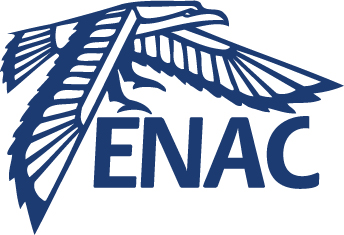Assessing the Robustness of a UAS Detect & Avoid Algorithm
Résumé
In this article, we evaluate the robustness of a detect and avoid algorithm designed for the integration of UASs in terminal control areas. This assessment relies on a realistic modeling of navigation accuracy on positions and velocities and was carried out on thousands of scenarios built from recorded commercial traffic trajectories. The tested scenarios involved two different types of UASs – flying at 80 kts and 160 kts – with various missions, and three strategies for separation: one focussing on the separation distance, one focussing on the UAS mission and and combination of both. Fast-time simulation was used to evaluate each scenario against a wide range of accuracy levels corresponding to required navigation precision standards and linked to on-board navigation and communication systems. Experiments reveal a strong robustness of the separation algorithm up to relatively high uncertainty levels, indicating that UASs equipped with low accuracy navigation systems can still manage proper separation. However, the maneuvering cost for separation increases when the accuracy deteriorates. Nevertheless, a UAS with GPS-based navigation in a collaborative environment (e.g. aircraft providing their navigation parameters through ADS-B) can expect robustness at a reasonable cost.
| Origine | Fichiers produits par l'(les) auteur(s) |
|---|
Loading...
